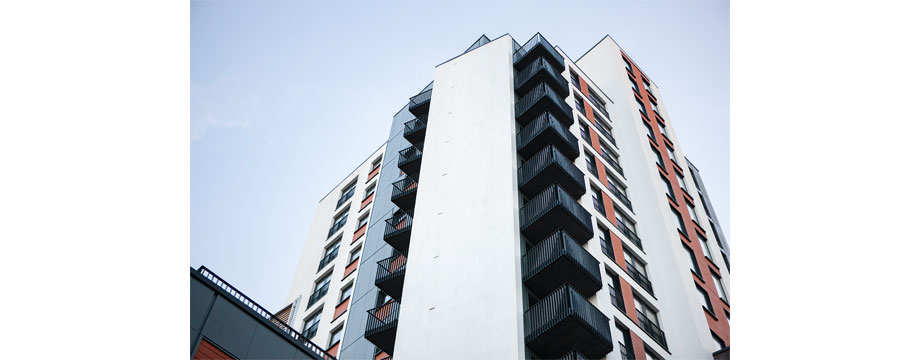Aluminium decking and balcony manufacturer AliDeck have published their 2021-2022 Balcony Fires Report with alarming results. Collating data from Fire Services across the UK using the Freedom of Information Act (FOIA), the data returned is extremely concerning amidst the context of the ongoing building safety crisis.
A total of 310 Balcony Fires occurred between August 1st 2021 and July 31st 2022, up from 213 the year prior for a 46% year-on-year increase. The most troubling statistic within the report is that, of the 310 fires on balconies, 182 were related to smoking, for 59% of the total.
London alone accounted for 163 fires on balconies, an increase on the previous year’s tally of 150. Two-thirds of these balcony fires in the capital were caused by smoking, with arson, candles, and electrical faults making up the bulk of the rest.
Where combustible materials are present in the balcony or external wall system, the danger of a major fire taking hold and posing significant risk to life is high. To see such a large volume of balcony fires caused by human error or reckless behaviour, then, the case for effective and immediate fire safety remediation of multi-storey, multi-occupancy residential buildings has never been made clearer.

Richard Izzard, managing director at AliDeck, said “With over three quarters (76%) of the recorded fires caused by human action, an urgent intervention is required. We saw in our previous Balcony Fires Reports a similar story, that most fires on balconies are completely avoidable. A carelessly discarded cigarette can easily ignite flammable materials, and there have been fires where aimlessly flicked cigarette butts have landed onto balconies below made of combustible materials and caused major fires. This has to stop.”
Changing human behaviour will be difficult, but the data in this report clearly shows that property managers and the housing sector must take firm action to prevent their residents from smoking on their balconies. Doing so could prevent hundreds of fires, many of which would otherwise threaten life and cost tens of thousands of pounds to rectify.
“Balcony fires are a real danger to a building and residents must be made more aware of this,” continued Izzard. “If it’s not possible, though, to remove the human element to prevent these fires, the surest route to minimise the risk is to fully remediate balconies and replace any combustible materials, such as timber decking, with non-combustible alternatives.”
A minor positive note, though, is the reduction in fires on balconies caused by barbecues, dropping to 15 from 22 in the year prior. During the summer’s heatwave, London Fire Brigade issued stern warnings to the public on the use of barbecues and several major retailers removed them from sale, so perhaps that message began to make an impact. If so, maybe a similarly zero-tolerance attitude to smoking on balconies could result in a major reduction in these avoidable and dangerous fires?
The Balcony Fires Report 2021-2022 is available to view on the AliDeck website
- Log in to post comments















